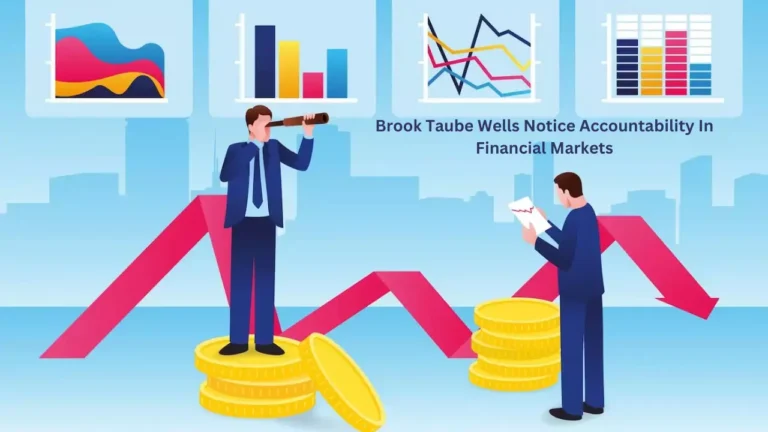How Online Shopping May Result in SP AFF* Charges

Online shopping has revolutionized how we purchase goods and services, offering convenience and accessibility. However, it has also introduced specific transaction descriptors, such as SP AFF charges*, which often appear on bank statements. Understanding how online shopping may result in SP AFF* charges can help consumers manage their finances effectively and avoid unnecessary concerns.
What Are SP AFF* Charges?
SP AFF charges* are often linked to subscription services, online purchases, or merchant billing systems. They serve as identifiers for transactions processed through certain payment gateways or third-party platforms. While these charges are generally legitimate, their cryptic nature can lead to confusion for consumers.
How Online Shopping May Result in SP AFF* Charges
1. Subscription-Based Purchases
Many online retailers and platforms use subscription models, where recurring payments are made. If you sign up for a service or product subscription, the associated payment may appear on your statement as an SP AFF* charge.
2. Third-Party Payment Gateways
Online stores often rely on third-party payment gateways to process transactions securely. These gateways may use descriptors like SP AFF* to indicate the merchant or platform handling the payment.
3. Trial Periods and Auto-Renewals
Free trials that automatically convert into paid subscriptions are common in online shopping. If you forget to cancel before the trial ends, the resulting charge may show up as SP AFF*.
4. Digital Services and Products
Purchasing digital items such as eBooks, apps, or software licenses can also lead to SP AFF* charges. Many digital merchants use this descriptor to differentiate their services.
5. International Transactions
If you make purchases from international retailers, their payment processors might list the transaction as SP AFF*. This helps banks and credit card companies track cross-border payments efficiently.
Read more : https://digitaalz.com/
Common Concerns About SP AFF* Charges
1. Are SP AFF Charges Legitimate?*
In most cases, SP AFF* charges are legitimate and associated with authorized purchases. However, reviewing your transaction history to confirm the source is always a good practice.
2. How to Verify the Merchant?
Check your email for purchase receipts or confirmation messages. If you’re still unsure, contacting your bank or the merchant directly can provide clarity.
3. When Should You Be Concerned?
If you don’t recognize an SP AFF* charge, or if it appears repeatedly without explanation, it could indicate unauthorized activity. Report such cases to your bank immediately.
Tips to Avoid Unwanted SP AFF* Charges
- Monitor Subscriptions: Keep track of all subscription services and their renewal dates.
- Read the Terms: Before signing up for trials or services, read the terms and conditions carefully.
- Review Statements Regularly: Check your bank or credit card statements frequently to identify unfamiliar charges early.
- Use Secure Payment Methods: Ensure you shop only on trusted websites and use secure payment gateways.
How to Dispute SP AFF* Charges
If you identify an SP AFF* charge that seems unauthorized:
- Gather Information: Collect receipts, email confirmations, and any communication with the merchant.
- Contact the Merchant: Reach out to the company listed in the charge for clarification.
- Inform Your Bank: Report the charge to your bank and request a dispute or chargeback if necessary.
Conclusion
Understanding how online shopping may result in SP AFF* charges empowers consumers to manage their finances wisely and reduce confusion. While these charges are often legitimate, being vigilant and informed about your purchases can help prevent unnecessary stress. Much like staying updated on Academy Genius Swordsman Manga Ch 10 adds clarity to the story, monitoring your statements, managing subscriptions, and verifying unfamiliar charges can help you navigate the world of online shopping confidently.






